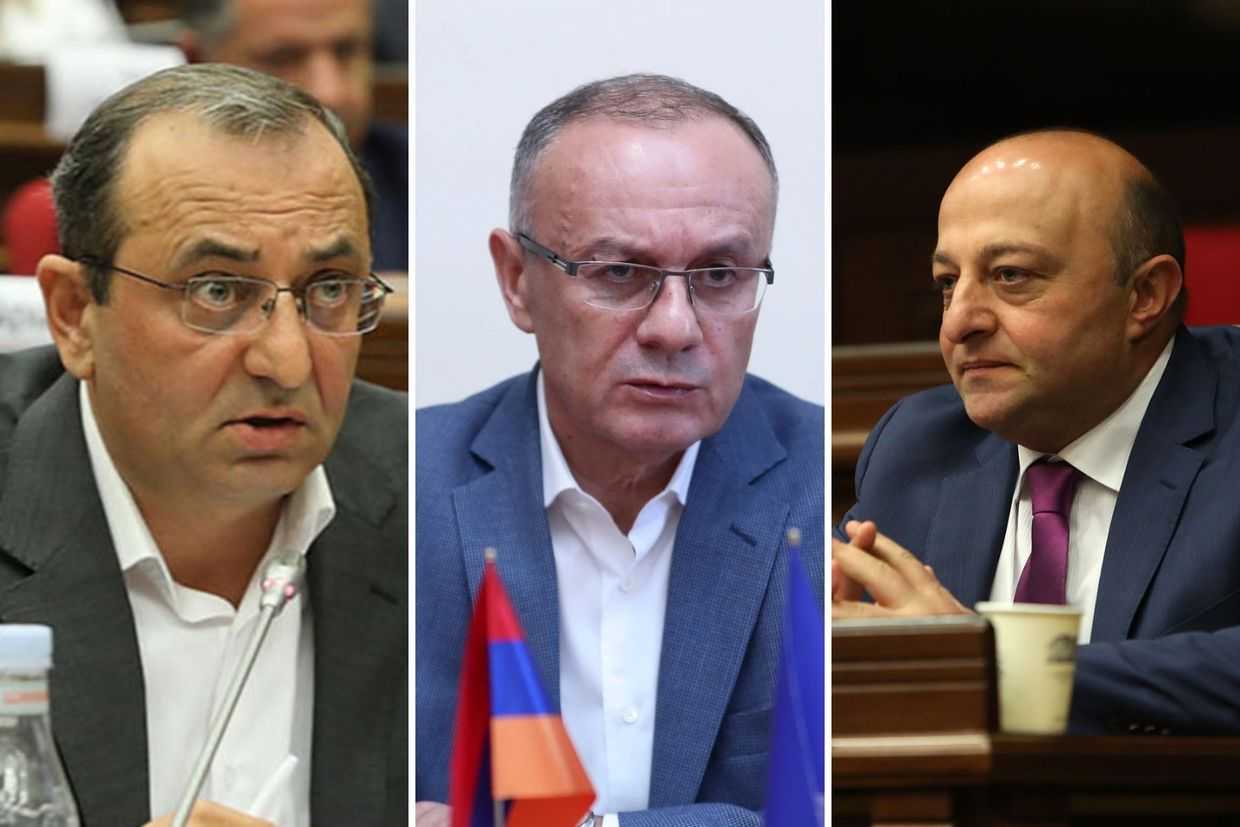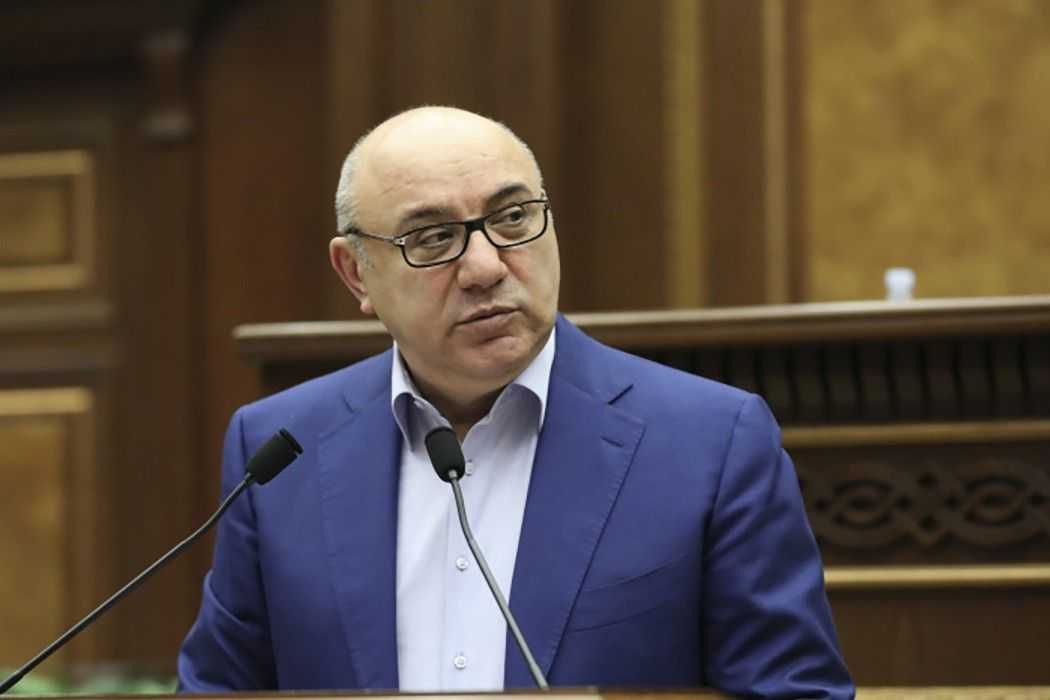
Protests against Nikol Pashinyan continue in Armenia, as leaders of the Armenian Apostolic Church also join calls for the Prime Minister’s resignation.
In two separate 8 December video addresses, the head of the Armenian Apostolic Church in Armenia, Catholicos Karekin II, and the head of the Armenian Apostolic Church in Lebanon Catholicos of the Great House of Cilicia Aram I, have joined the call for Prime Minister Nikol Pashinyan to resign.
Other top officials who have demanded Pashinyan’s resignation include Armenia’s current President Armen Sarkissian and all three of the country’s former presidents: Levon-Ter Petrosyan, Robert Kocharyan and Serzh Sargsyan.
Demands for Pashinyan to leave office have also come from the mayors of cities in Armenia’s southern province of Syunik, which, according to the tripartite peace declaration is to have a corridor built through it which will connect the Azerbaijani exclave of Nakhichevan with Azerbaijan proper.
In a joint statement published to Facebook, the mayors stated that Syunik was ‘in danger’ and that a number of important issues regarding the transport corridor and the border with Azerbaijan have ‘remained unanswered and unsolved’.
‘There are debatable issues regarding the border where fateful decisions need to be made,’ the statement reads. ‘The local communities are the only ones who continue to be the key players in ensuring security […] issues are not being resolved on the state level because the whole state system is sitting idle’.
Protests in Yerevan
A group of opposition parties, including the former ruling Republican Party, have demanded Pashinyan’s resignation hours before the trilateral agreement was signed on 9 November, launching daily protests since the signing of the agreement on 10 November.
On 3 December, this coalition of parties, calling itself the Homeland Salvation National Movement announced former Prime Minister Vazgen Manukyan as their candidate for Prime Minister.
Manukyan was Armenia’s first Prime Minister from 1990-1991 and then acting Defence Minister from 1992-1993. He also ran an unsuccessful campaign against then-President Levon Ter Petrosyan in the 1996 presidential elections.
The party coalition has proposed that if Pashinyan resigns and cedes his position to Manukyan, they would lead negotiations within the framework of the trilateral agreement to prevent the ‘impending loss of Armenian statehood’ and hold new elections within a year.
On 5 December, the coalition held a rally — the largest it has organised to date — and gave Pashinyan an ultimatum to resign by 12:00 on 8 December. After Pashinyan refused the demand, further protests took place in Yerevan, as well as the major cities of Gyumri and Vandazor. In Yerevan, protestors also blocked roads and entrances to the metro.
A movement ‘lacking credibility’
In an interview with OC Media, political analyst and consultant Eric Hacopian said despite a large number of citizens who want Pashinyan to step down they are not joining the current protests as they see them to be a vehicle for Armenia’s former governing regime, which was deposed in the 2018 Velvet Revolution.
‘The lack of credibility of the current opposition is the primary force keeping Pashinyan in office’, Hacopian explained. ‘If they want the Prime Minister to leave, they need to exit the political scene for good’.
There are other political forces demanding Pashinyan’s resignation as well. Parliamentary opposition party Bright Armenia has also demanded Pashinyan leave office but has not joined the Homeland Salvation National Movement. Instead, they have announced Bright Armenia head Edmon Marukyan as their preferred candidate for Prime Minister.
Diasporan organisations have also called for Pashinyan’s resignation, including from countries such as the US, Canada, Kuwait, Lebanon, Syria, Iran, Greece and several European countries. Many of these organisations are branches of the Armenian Revolutionary Federation, a member of the 17-party coalition, but also include Armenian ‘national centres’ and church organisations.
According to Eric Hacopian, the announcements made by religious leaders like Karekin II and Aram I will not have much traction, as they are widely perceived to have been silent on the misdeeds of Armenia’s old ruling establishment.
‘With all due respect to the two Catholicoi, if they had spoken out against corruption and other failures of the state over the past 25 years, they would have far more credibility when making such a demand,’ he said. ‘At this point, most are tuning them out’.
Hacopian told OC Media that he believes that to effectively address the crisis in the country Pashinyan needs to create a coalition government that brings in new and qualified figures into the government, including opposition figures if need be.
‘Pashinyan needs to show he is unifying the country’, Hacopian said. ‘He can’t run the country with the government he formed two years ago’.







